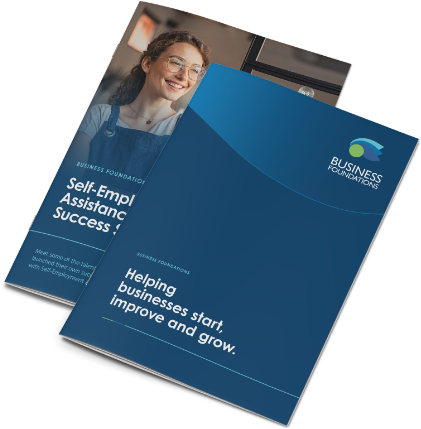Profit for Purpose: How To Create A Social Enterprise Model
June 9, 2023
Social entrepreneurs differ from regular entrepreneurs in that their main goal is to make a difference in their community. Creating a social enterprise model allows business owners to make a positive impact on their community, whilst also attracting socially conscious customers.
Most social enterprises are ethical businesses, but not all ethical businesses are social enterprises. An ethical business aims to reduce and minimise their harmful impact on people and planet, whilst a social enterprise actively benefits people and planet.
What is a social enterprise?
Social enterprises are businesses that aim to solve social problems, improve communities, provide employment and training opportunities, and contribute to environmental well-being. There is no single legal definition of a social enterprise, which can be confusing for customers and business owners However, it is widely considered that to be considered a social enterprise, your business must:
- Be driven by a public or community cause, whether it is social, environmental, cultural or economic;
- Earn most of their income from trading products and/or services, rather than donations or grants; and
- Invest at least 50% of their profits towards their social mission.
Unlike traditional businesses where profit is distributed to owners or reinvested into the business for the sake of growth, a social enterprise allocates the majority of their profits to create positive changes in their community. A social entrepreneur measures their success on metrics like jobs created, trees planted, or donations made, rather than market share and revenue growth.
Social enterprise impact models
The three most common impact models you can adopt as a social entrepreneur include:
Direct Benefit Model: A business that provides a direct social, cultural, economic or environmental benefit to their community.
Cross Subsidy Model: A business that delivers products and services that respond to the social and economic needs of their community and uses the profits to enable access to those who would have been otherwise excluded from the market.
Donation Model: A business that is focused on generating profits but donates at least 50% of their profits to a charitable cause.
Setting up your social enterprise
Setting up a social enterprise is often similar to setting up a regular business, however there are a few things you should consider before making the decision to start a social enterprise. To get a better idea of what you want to do and whether your business will fit in the marketplace, ask yourself the following questions:
- What do you want your social enterprise to look like?
- What is your social mission, and how will your business address it?
- What approach will you take to address your mission?
- Are there other businesses doing something similar, and if so, is there room for another social enterprise in the market?
- How will you measure your impact?

For social enterprises, “doing good” isn’t the value-add, it is the core mission that underpins everything they do in business. If you’re looking at starting a social enterprise, Business Foundations offers free training and business mentoring under as part of the Federal Government’s Self-Employment Assistance.
Acknowledgement Of Country
Business Foundations acknowledges the traditional custodians throughout Western Australia and their continuing connection to the land, waters and community. We pay our respects to all members of the Aboriginal communities and their cultures; and to Elders both past and present.
Victoria
The Commons
80 Market Street,
South Melbourne VIC 3205
admin@businessfoundations.com.au
Western Australia
Wesley Central
2 Cantonment Street,
Fremantle WA 6160
admin@businessfoundations.com.au


Get In Touch
Have a question or to find out how we can help you, please get in touch.






